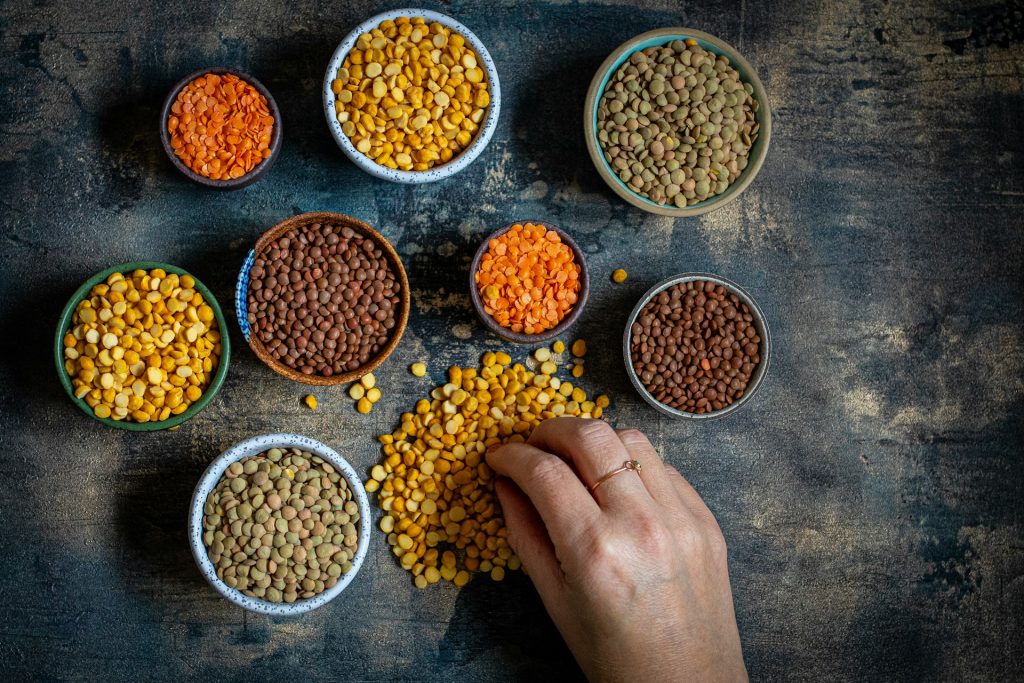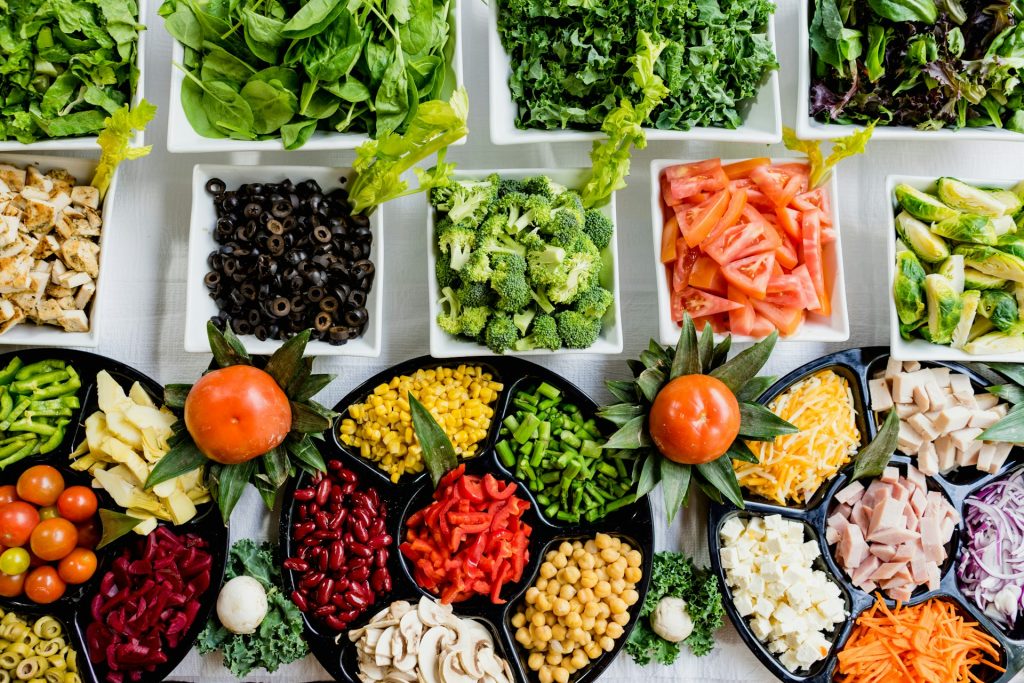Women’s health needs evolve throughout their lives, influenced by factors such as age, hormonal changes, and lifestyle. Ensuring adequate intake of essential nutrients is vital for overall health, well-being, and quality of life. In this blog post, we’ll explore key nutrients women need at different stages of life, along with suggested food items to help meet those needs.

Nutritional Needs Across the Life Stages
1. Adolescence (Ages 12-18)
During adolescence, girls undergo significant growth and development, making it crucial to focus on key nutrients:
- Calcium: Essential for bone health. Aim for 1,300 mg daily through:
- Dairy products (milk, yogurt, cheese)
- Leafy greens (kale, bok choy)
- Fortified plant-based alternatives (almond milk, soy milk)
- Tofu
- Iron: Due to menstruation, iron needs increase. Aim for 15 mg per day from:
- Red meat (beef, lamb)
- Beans and lentils
- Spinach and other dark leafy greens
- Fortified cereals
- Vitamin D: Vital for calcium absorption. Aim for 600 IU daily through:
- Sunlight exposure (15-30 minutes)
- Fatty fish (salmon, mackerel)
- Fortified foods (orange juice, cereals)
- Egg yolks

2. Reproductive Years (Ages 19-50)
During the reproductive years, women need to maintain a balanced diet to support overall health and manage menstrual cycles.
- Folate (Vitamin B9): Important for DNA synthesis. Aim for 400 mcg daily from:
- Leafy greens (spinach, romaine)
- Beans and lentils
- Fortified grains and cereals
- Avocado
- Omega-3 Fatty Acids: Support heart health. Include sources such as:
- Fatty fish (salmon, sardines)
- Flaxseeds and flaxseed oil
- Chia seeds
- Walnuts
- Vitamin B6: Helps regulate hormones. Aim for 1.3-1.5 mg daily through:
- Poultry (chicken, turkey)
- Fish (tuna, salmon)
- Potatoes and other starchy vegetables
- Bananas

3. Pregnancy and Lactation
Pregnancy and breastfeeding increase nutritional needs significantly to support the health of both mother and baby.
- Iron: Needs increase to 27 mg during pregnancy. Include:
- Lean meats (beef, turkey)
- Spinach and other greens
- Beans and lentils
- Fortified cereals
- Calcium: Essential for fetal bone development. Aim for 1,000 mg daily from:
- Dairy products (yogurt, cheese)
- Fortified plant-based milk
- Leafy greens (collard greens, bok choy)
- Almonds
- DHA (Docosahexaenoic Acid): Crucial for brain development. Include 200-300 mg daily from:
- Fatty fish (salmon, herring)
- Algal oil supplements
- Fortified eggs

4. Menopause and Beyond (Ages 51 and Up)
As women enter menopause, hormonal changes can impact nutrient needs.
- Calcium and Vitamin D: Maintain calcium intake (1,200 mg) and vitamin D (800-1,000 IU) for bone health from:
- Dairy products (milk, cheese)
- Fortified plant-based alternatives
- Fatty fish (sardines, salmon)
- Egg yolks
- Vitamin B12: Ensure adequate intake of 2.4 mcg daily through:
- Fortified cereals
- Dairy products (milk, yogurt)
- Eggs
- Nutritional yeast
- Magnesium: Supports bone health. Aim for 320 mg daily through:
- Nuts (almonds, cashews)
- Seeds (pumpkin seeds, chia seeds)
- Whole grains (quinoa, brown rice)
- Leafy greens (spinach, Swiss chard)

Tips for Meeting Nutritional Needs
- Balanced Diet: Focus on a varied diet rich in whole foods, including fruits, vegetables, whole grains, lean proteins, and healthy fats.
- Supplements: Consider taking supplements for specific nutrients if you’re unable to meet your needs through diet alone. Consult a healthcare provider before starting any new supplement regimen.
- Regular Check-Ups: Schedule routine health check-ups to monitor nutrient levels, especially during significant life changes.
Conclusion
Understanding the essential nutrients needed at each stage of life can empower women to make informed dietary choices that support their health and well-being. By focusing on nutrient-rich foods and staying proactive about health, women can thrive at every age.
What nutrients do you prioritize in your diet? Share your tips in the comments below, and don’t forget to subscribe for more health and wellness insights!



